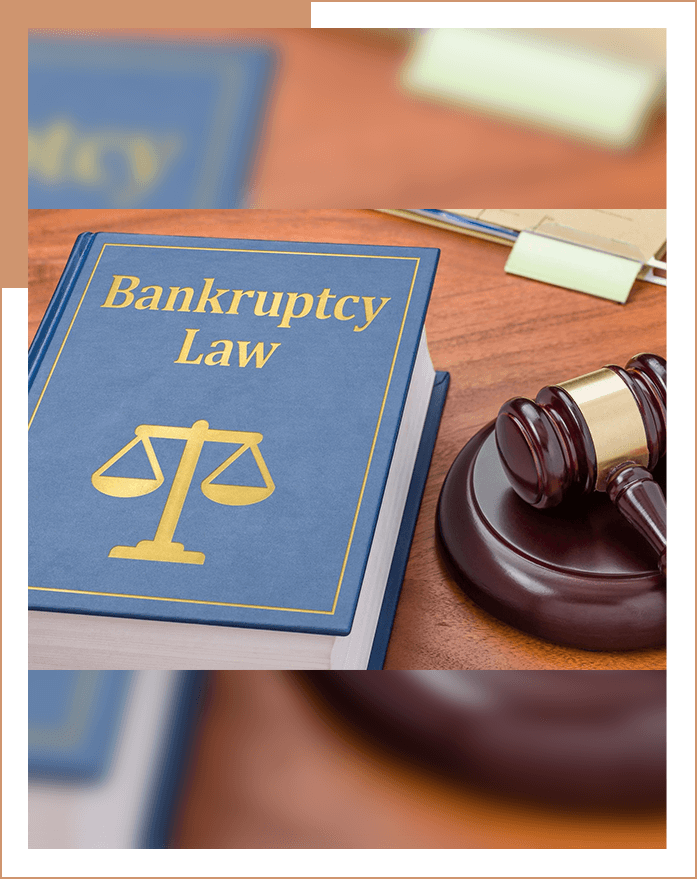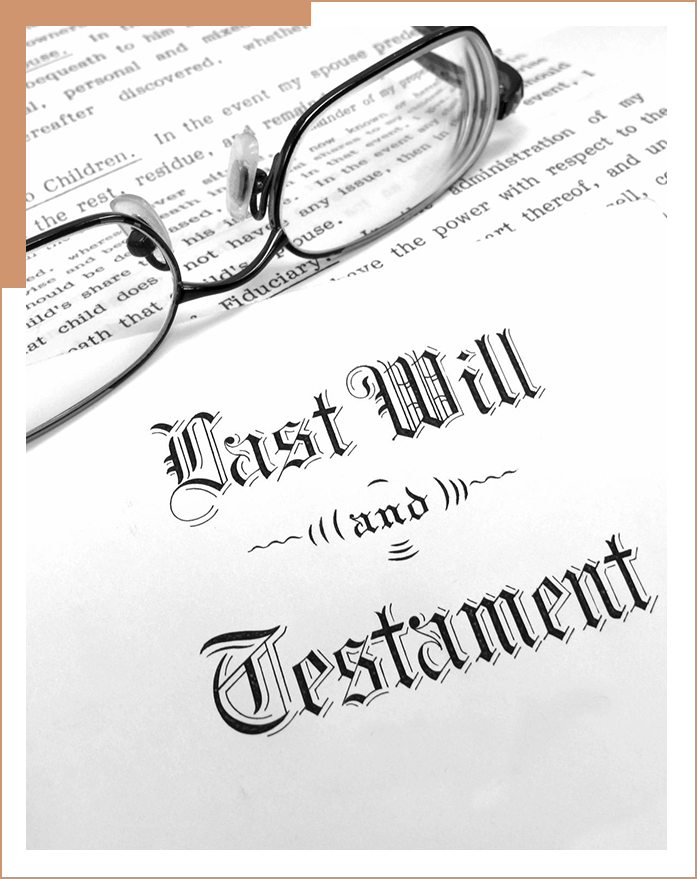
Bankruptcy
Chapter 7 Bankruptcy
Chapter 7 Bankruptcy is a way to wipe out your debt by grouping everything together and in one shot creating a fresh start for yourself. Before filing a Bankruptcy, you should always meet with a qualified attorney to consider all your options. With Chapter 7, you can wipe out your credit card debt, lawsuits, mortgages, medical bills and more. For a complete list of what you can and or cannot do, you may want to spend some time on the Federal Bankruptcy website located here: http://www.uscourts.gov/rules/bkrules.html
When you file Chapter 7 you are not required to make repayments, instead, your debts are completely wiped out. You can keep much of your property with Chapter 7. This is called an exemption. Exemptions are made for various types of items that you need for your survival, like food, housing, clothing, transportation etc. However, it does vary from case to case, and you should have that conversation with your attorney to understand what can stay and what has to go. On average, the process takes about 3 months to complete, but based on your case could take longer.
There are debts that you cannot shed in a Chapter 7 Bankruptcy, and those debts are called non-dischargeable. You should be aware of them and again speak with your attorney and double-check the surrounding circumstances for each non-dischargeable debt, which can include most taxes, child support, court-ordered fines and penalties, student loans and more.
After you successfully file, you will be free of all those annoying creditor calls because they must comply with bankruptcy law and stop the calls. Any lawsuits that are pending or the ones people are pursuing, that were associated with debt that you filed against successfully, will halt. Now that you have a fresh start, it’s important to protect your new credit record from here out and build good credit.
Estate Planning
Estate planning is a crucial process that involves arranging for the distribution of your property and assets upon your demise. Your estate encompasses everything you own at the time of your death. However, estate planning is not just about distributing assets; it also encompasses various other aspects such as ensuring the care of young children, planning for potential incapacity, and minimizing tax liabilities.
Importance of Estate Planning Components
1. Durable Power of Attorney for Finances
A durable power of attorney for finances is a critical document that allows you to designate someone you trust to manage your financial affairs in the event of your incapacitation. This ensures that bills are paid, deposits are made, and other financial matters are taken care of promptly and efficiently.
2. Health Care Directives (Living Will and Power of Attorney)
Health care directives, including a living will and power of attorney for health care, are essential for conveying your medical treatment preferences if you're unable to communicate them yourself. Designating a trusted individual to oversee your healthcare decisions ensures that your wishes are respected and followed.
3. Last Will and Testament
A last will and testament, commonly known as a will, allows you to dictate how your assets will be distributed after your death. Without a will, state laws determine the distribution of your property, which may not align with your wishes. Creating a will ensures that your assets are distributed according to your preferences.
4. Revocable Living Trust
A revocable living trust offers an alternative to a will for estate distribution. Assets placed in a living trust bypass probate, potentially saving time and money for your beneficiaries. While not everyone needs a living trust, it can be advantageous for individuals with complex estates or specific distribution preferences.
5. Transfer on Death Deed (Deed Upon Death)
A transfer on death (TOD) deed allows you to name a beneficiary for real estate, such as your home, without going through probate. This deed ensures a seamless transfer of property to your chosen beneficiary upon your death, providing the benefits of both wills and living trusts with simplicity and flexibility.


Chapter 13 Bankruptcy
Need to save your house, save your car, and stop the IRS from garnishing your wages, bank accounts or other items. Chapter 13 is where you can be protected from creditors while you make scheduled repayments to get back to your fresh start. In this filing, you have terms that are very favorable to you so that you can make your repayments and thus complete your obligations under Chapter 13. In some cases, Chapter 13 can even eliminate 2nd and or 3rd mortgages.
While it is difficult to understand where you may fall, either in Chapter 7 or 13, we can help you understand which direction to take by explaining the best and worst-case scenarios. If you can count on a future monthly income, it may make more sense to go ahead with Chapter 13 and arrange payments to keep some of your assets. This may also depend on the market value of your assets. Homes are usually the main asset in a bankruptcy, if you have 2nd and even 3rd mortgages on your home, and have a solid income, Chapter 13 may be something better suited for your needs. With a free consultation, we can determine which direction is best for you.
While Chapter 7 is a quicker fresh start, Chapter 13 is a longer process and because of this, a typical Chapter 13 Bankruptcy lasts on an average for 3-5 years, but this depends on your specific financial situation. When the court sets your payments, you are required to make those payments.
When you create a Chapter 13 filing, you will divide your debt into two areas; secured and unsecured. Examples of Unsecured debt are credit cards and medical bills, payday loans, repossessed vehicles, collections agencies, etc. Secured debts are homes, cars, timeshares, boats, etc. These are physical items that can be liquidated for a market value.